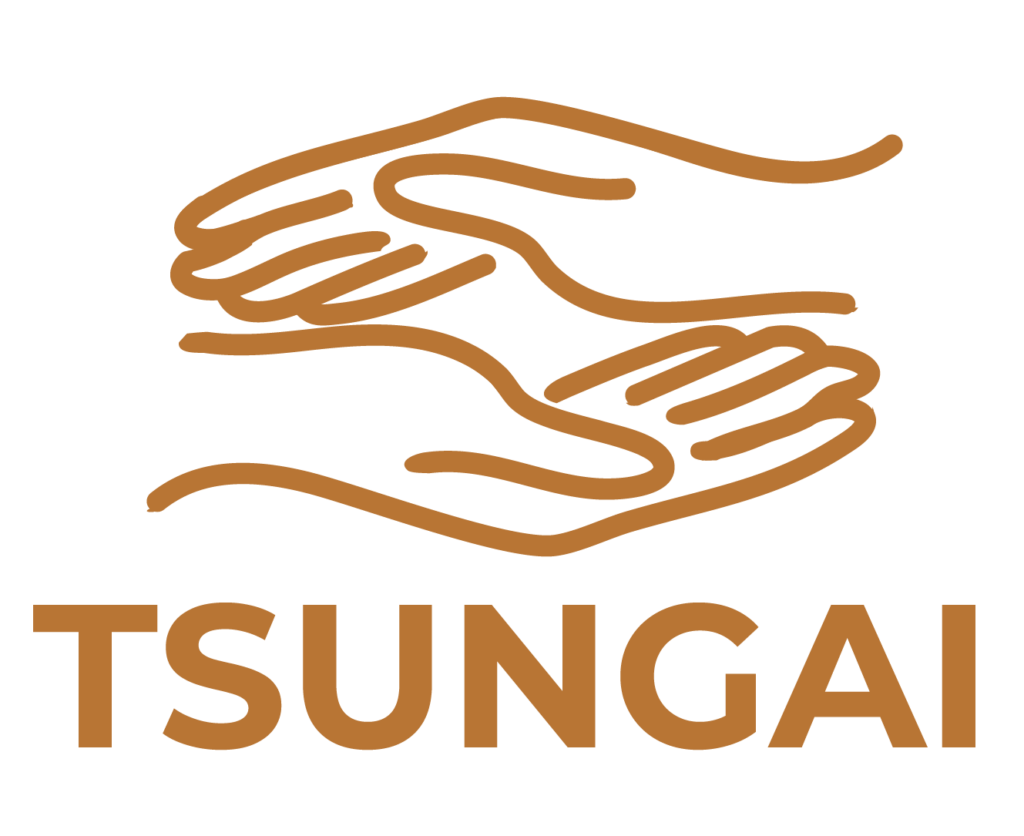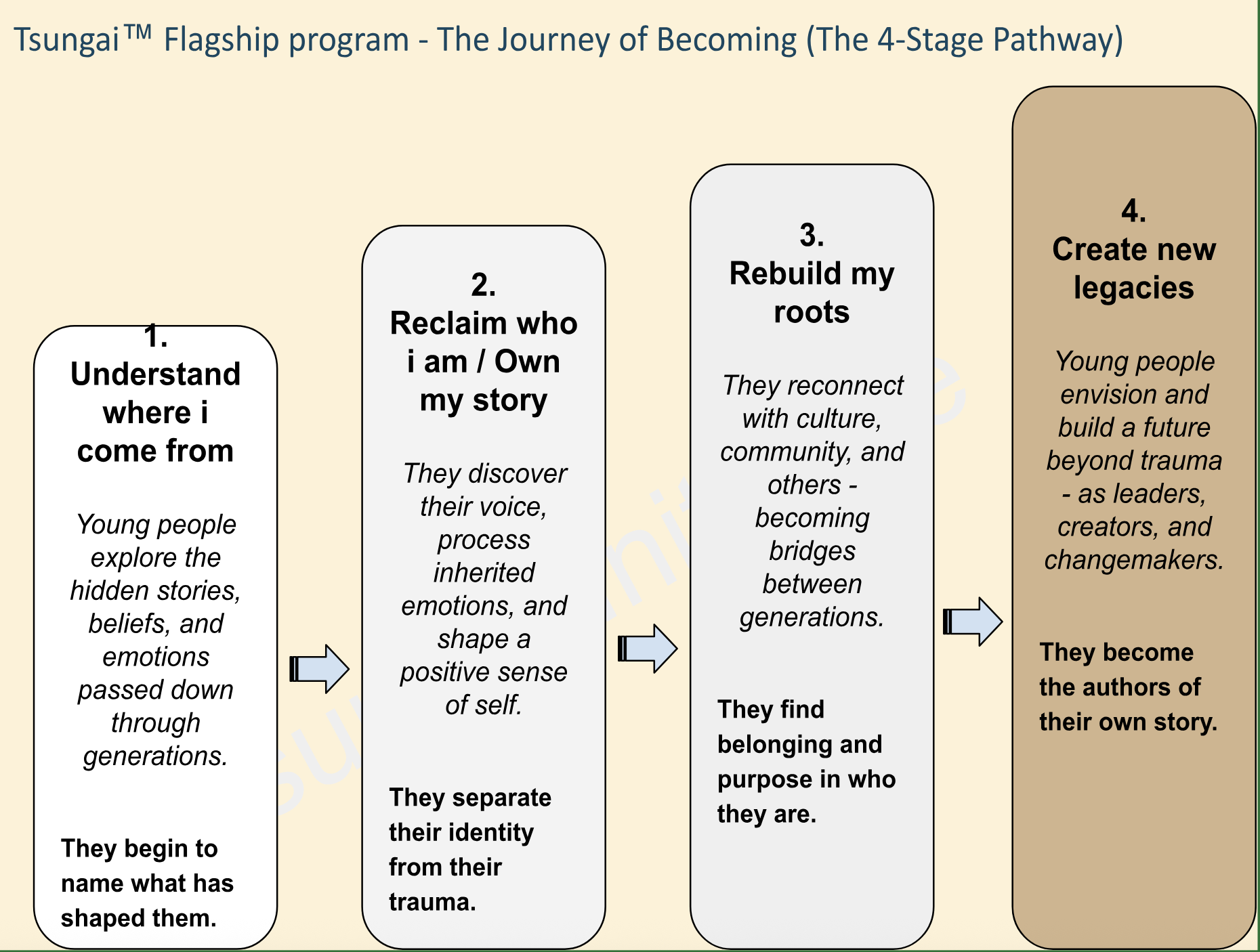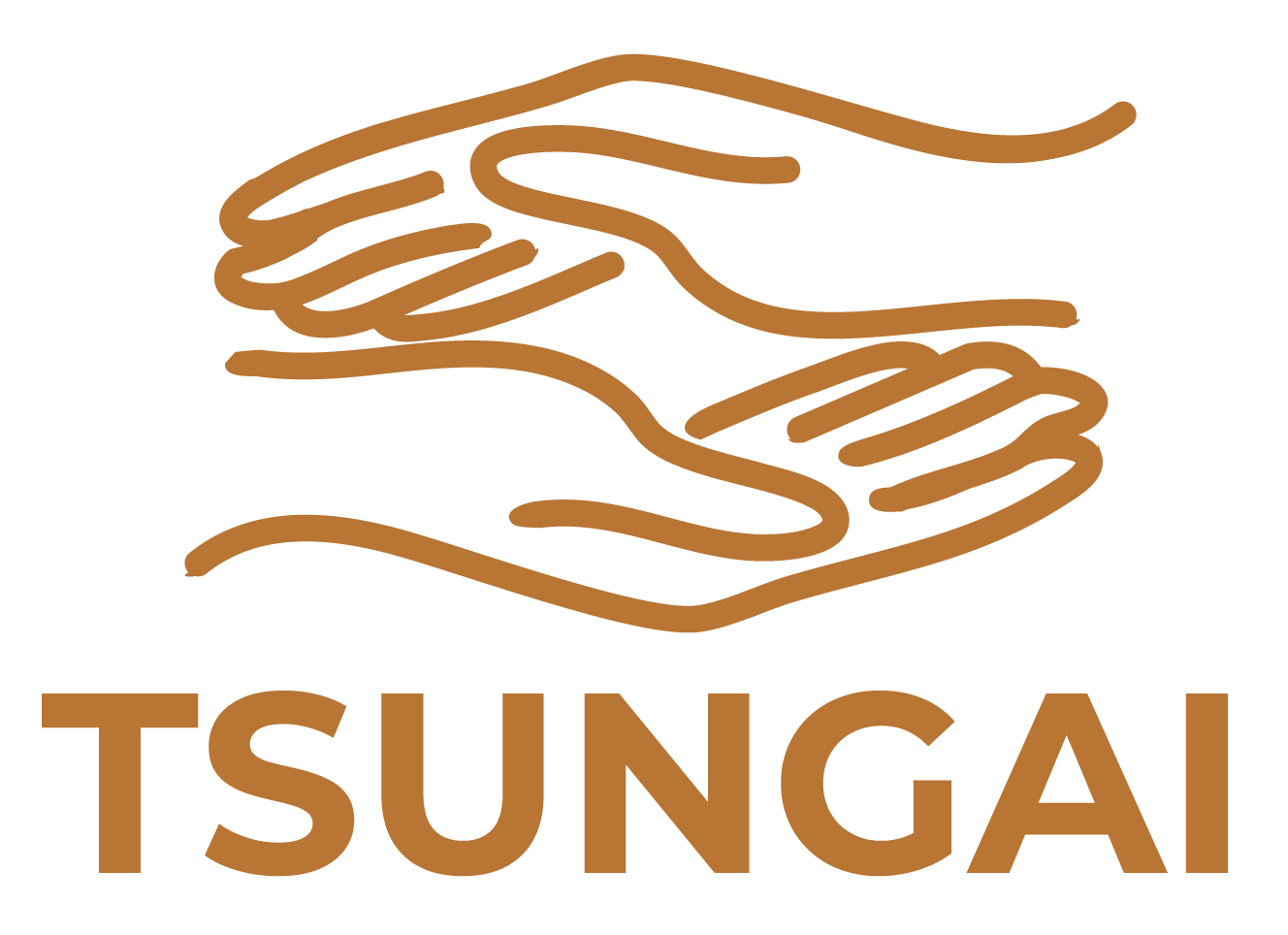About us
Addressing the Effects of Intergenerational Trauma to Break Cycles and Empower Young Minds (children and young people) in Underserved Communities To Thrive.
The Problem
Research shows that:
1
Around two-thirds of children experience at least one traumatic event by age 16.
2
Individuals with 4 or more ACEs are:
- 12 times more likely to attempt suicide.
- 10 times more likely to use intravenous drugs.
- Significantly more likely to experience depression, anxiety, and chronic diseases.
3
Trauma can significantly impact youth’s educational attainment, leading to higher rates of school dropout and lower academic achievement.
Parents with high ACE scores may struggle with parenting and create environments where their children also experience trauma.
the effects of trauma can be passed down through epigenetic changes and learned behaviors, creating a continuous cycle of distress.
BACKGROUND
Intergenerational Trauma
The transmission of emotional, psychological, and social distress across generations is a profound issue that affects children and young people in underserved communities. This trauma often arises not from large-scale events but from everyday experiences deeply shaped by family dynamics, community attitudes, and environmental factors. Micro-level stressors can severely hinder a child’s well-being and future potential. Without intervention, these cycles of distress continue, limiting opportunities for growth, healing, and resilience.
There is a pressing need for holistic, community-driven approaches that empower children and young people to address the effects of trauma, build resilience, and create lasting change in their environments.

About
Tsungai Initiative™
Tsungai is a shona word meaning ‘to persevere’, ‘to stay strong’.
Tsungai Initiative is dedicated to empowering children and young people in underserved communities to recognize and overcome the effects of intergenerational trauma passed down across families, communities and environments due to exposure to ongoing everyday adversities. We equip them to break harmful cycles and lead healthier, happier lives by fostering awareness, self-expression, positive identity development, community connection, and cultural belonging. Through innovation, we help them become agents of change in their own lives and their communities.

Our Mission
To break the cycle of intergenerational trauma
Our Vision
A world where young people are free from the negative effects of intergenerational trauma
Our Values
- Perseverance
- Compassion
- Learning
Tsungai Initiative Program Model: The Journey Of Becoming
Young people move through a four-stage, growth pathway – from awareness to action.
Click on a step to stop the auto play
Youth explore the hidden stories, beliefs, and emotions passed down through generations.
They discover their voice, process inherited emotions, and shape a positive sense of self.
They reconnect with culture, community, and others - becoming bridges between generations.
Youth envision and build a future beyond trauma - as leaders, creators, and changemakers.

OUTCOMES
Anticipated Outcomes

1
Greater awareness of intergenerational trauma and ways to break its cycles.
2
Increased emotional resilience and self-confidence. Demonstrating better copying skills
3
Enhanced leadership and problem-solving skills.
4
Improved family and community support systems that nurture young people’s well-being.
5
Creation of child and youth-led initiatives that address local challenges and promote safer, healthier environments.
